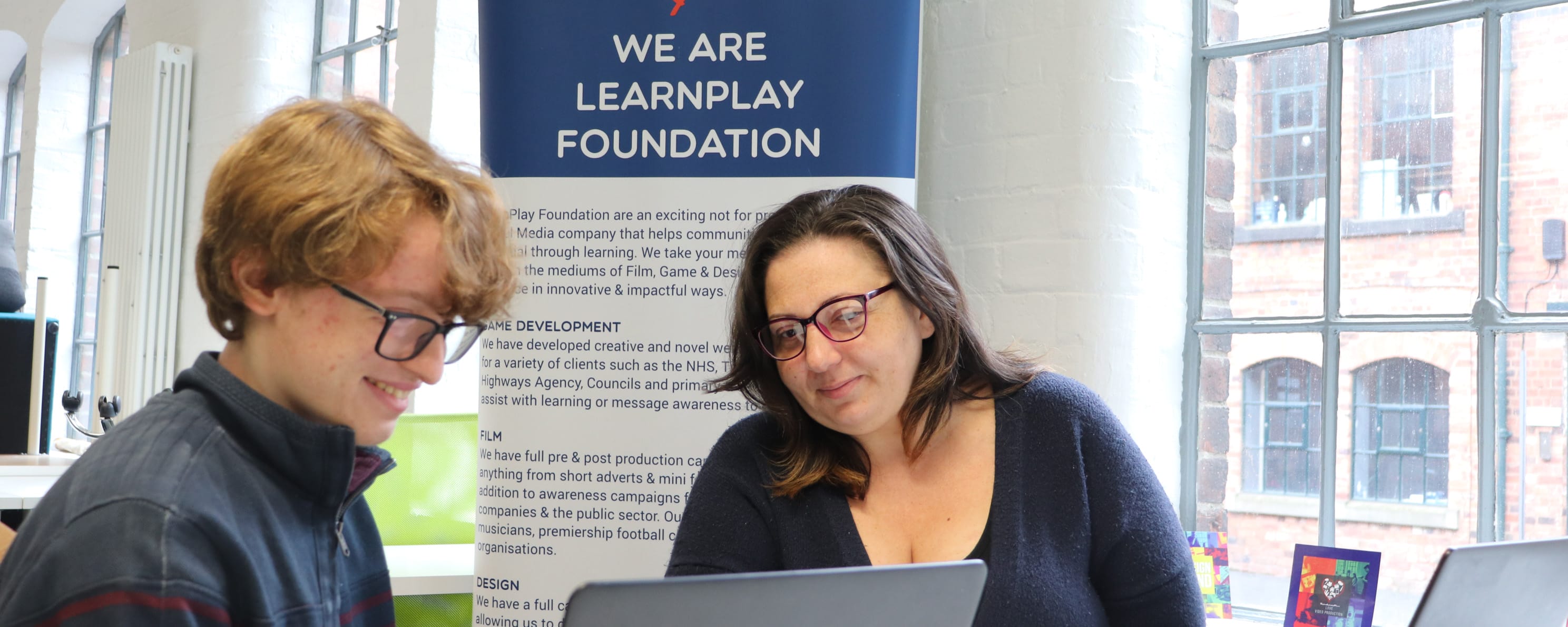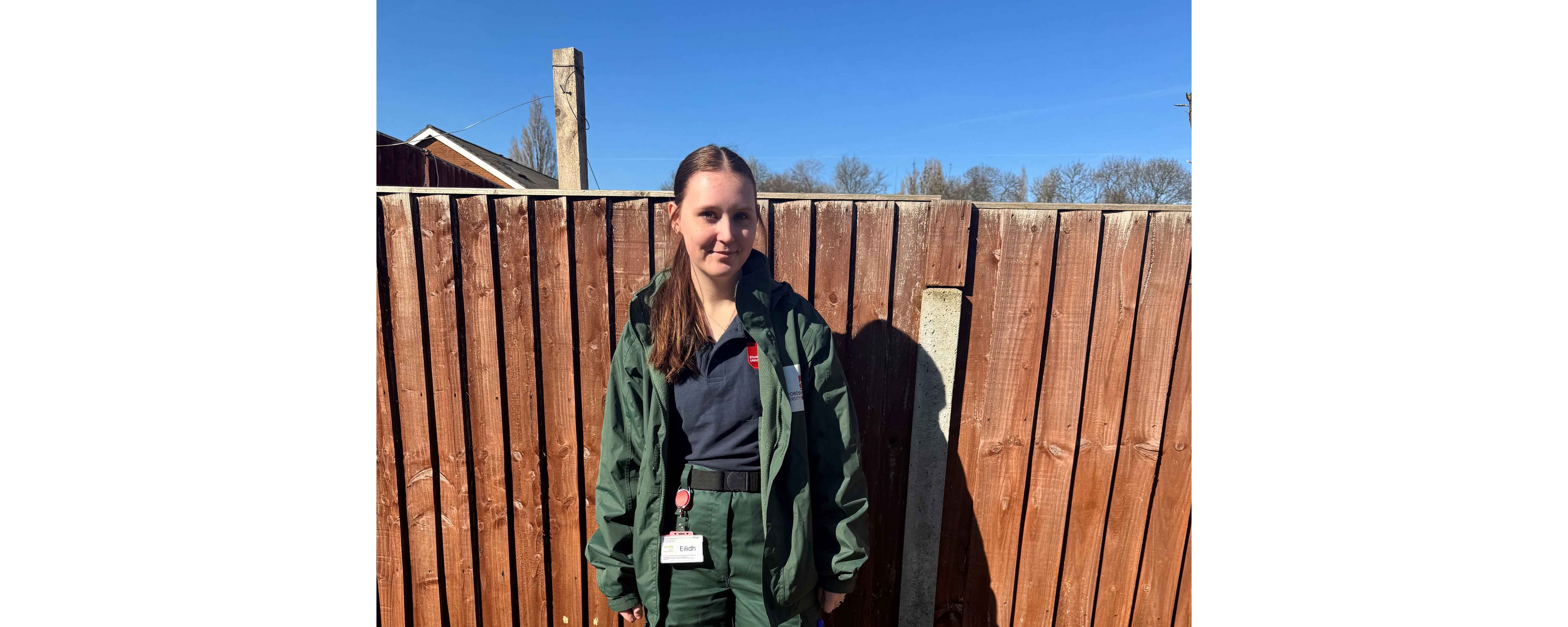Supporting the next generation of talent at LearnPlay Foundation

A desire to identify and nurture emerging talent prompted LearnPlay Foundation to support T Levels and provide industry placements.
Alina Gheorghe, Operations Lead explains: “We’re an established Black Country business that has seen first-hand how easy it is for individuals passionate about working in IT and the creative digital sector to be overlooked due to a lack of experience and awareness of the opportunities available. We want to help change that.”
The Wolverhampton-based creative digital media company took on its first three Digital – Software Development T Level students in 2021. This has increased to nine students, despite the organisation being in the middle of moving offices, operating a hybrid working model for staff and adapting some of their client services.
The students have so far taken on design, production and development tasks such as business cards, the production of games design assets using Unity programme software and social media projects. They have also been introduced to film production and editing processes and replicated a client brief recently delivered by the company.
“We wanted the placements to be a complete overview of the work we do and how we operate, while making sure their experiences were linked to their T Level,” said Alina.
“Overall, we are pleased with the students’ progress. They’ve engaged with us and taken our feedback on board.”
LearnPlay Foundation has been keen to enhance the students’ overall understanding of the world of work. They have taken them through their company’s culture and policies, while explaining how other organisations might do things differently. Students have also worked with different people so they are better able to build professional working relationships going forward.
The ability to demonstrate independent thinking has also been viewed as a key professional attribute for them.
“While the team here are all approachable and happy to help, we have encouraged the students to fully articulate any challenges and obstacles they come across in their work,” said Alina.
“We don’t just want them to say they have a problem. We ask them to outline the situation, say what they have done to address it and how far they have got, then state what knowledge they have and what further knowledge and help they need in order to reach a solution. It’s a way of making the students feel they are part of the cohesive environment we have here.”
Alina believes skills such as these, in addition to their knowledge of Unity and games design applications will give the students a competitive advantage when they are applying for vacancies in future.
“Ultimately, it’s about inspiring them and giving them options that pave the way for them to achieve their job and work ambitions,” she said.




